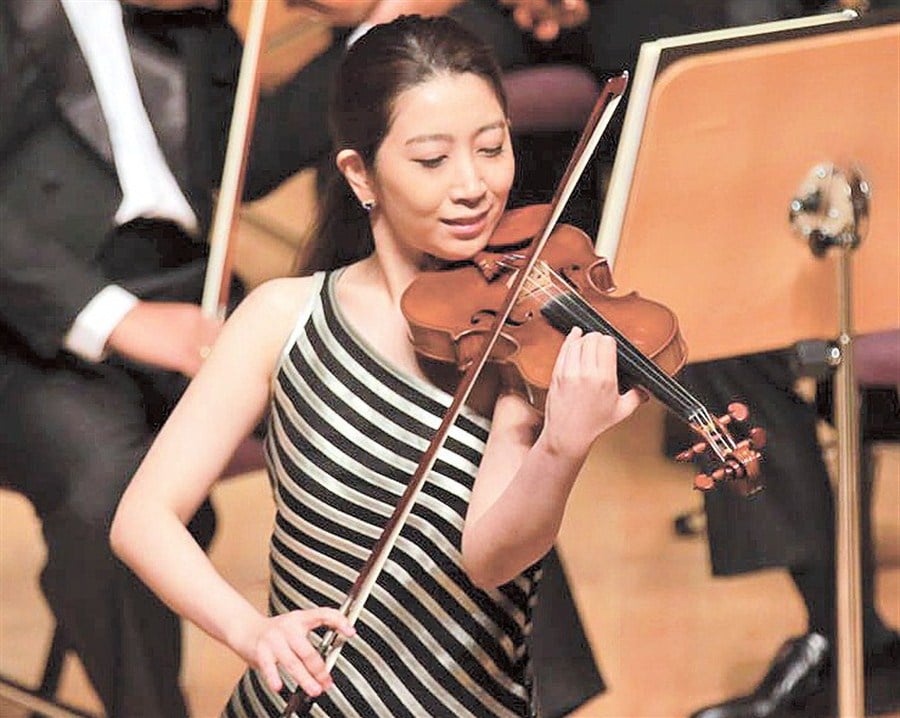Japanese wins Stern Shanghai contest
mainMayu Kishima, 30, of Japan won the $100,000 Stern prize with final round performances of Chausson’s Poeme and Shostakovich’s 1st Violin Concerto.
Second was the Joachim winner Sergei Dogadin. Third was an American, Sirena Huang.

UPDATE: So Zakhar Bron won in Shanghai.





Comments